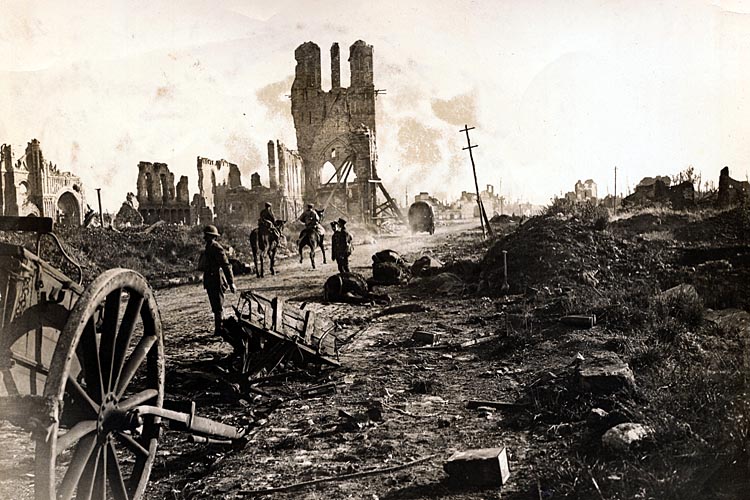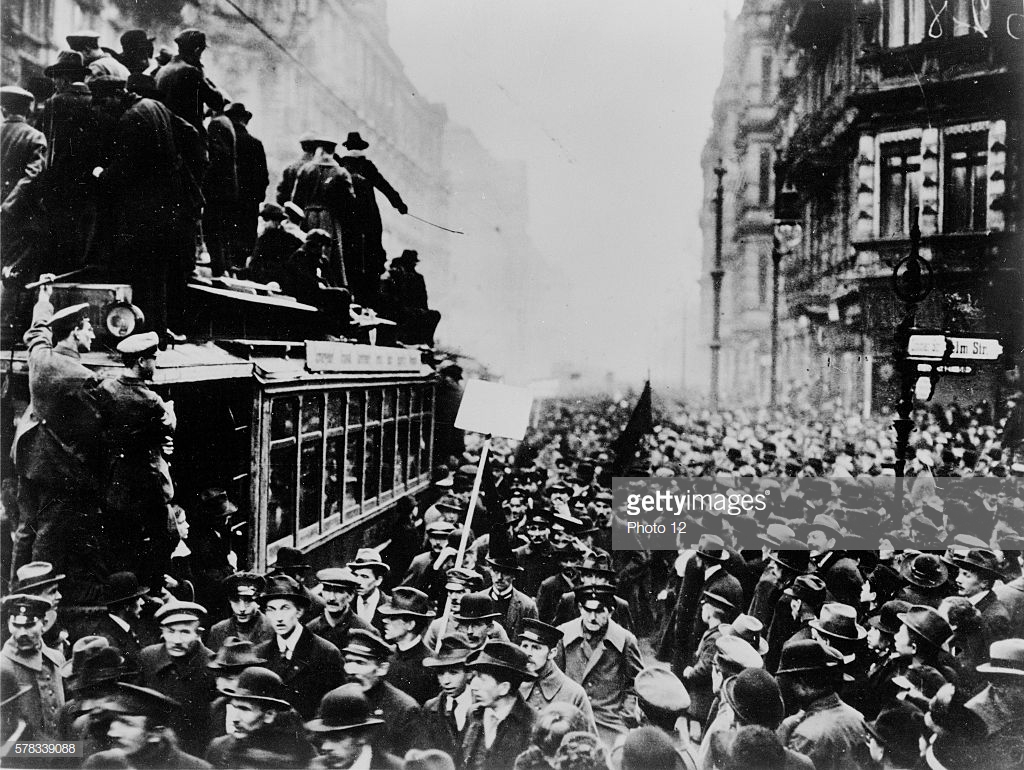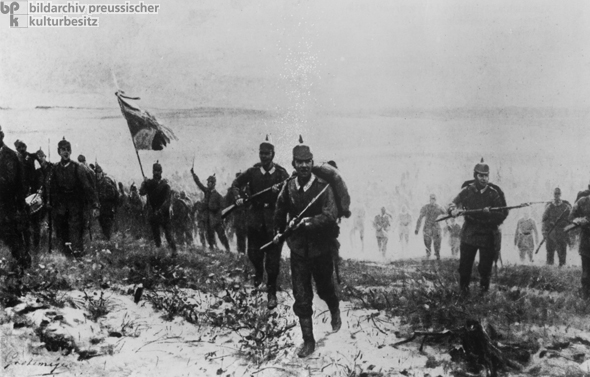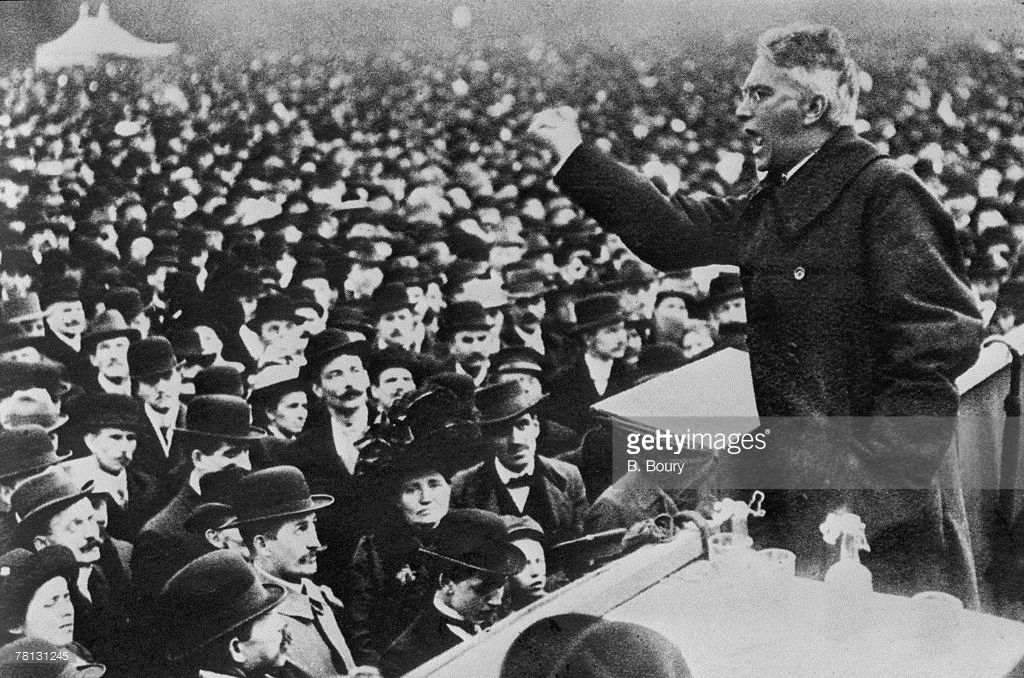German Leaders Beg Kaiser to Seek Peace.
Fear of Communist Revolution in Berlin;
Support for Wilson’s Peace Growing
Special to The Great War Project.
(22 October) In the first week of October one hundred years ago, the domestic political situation inside Germany and the military situation for Germany all along the Western Front were both unraveling.
“On October 1st,” writes historian Martin Gilbert, “the British Expeditionary Force prepared to break through the final obstacles of the German lines on the Western Front.”

1918 Western Front
“And the Americans got ready to launch a new attack in the Argonne forest.”
The German high command begs the Kaiser to issue a German peace offer at once.”
“The German army,” declares its top military commander “is infected with Spartacist, that is communist and socialist ideas.” Gilbert reports, and soldiers on leave at home were certainly prey to political agitation of the most extreme sort.

First World War. German Revolution. The Spartacists, 1918.
The Communist leaders Karl Liebknecht and Rosa Luxemburg “were demanding an immediate peace and the end of the monarchy. “Not for them,” Gilbert reports, “the panacea, if such it was, of a democratic or parliamentary monarchy, British style.”
Their aim was revolution and a socialist republic.
In Russia, the Bolshevik leader Vladimir Lenin is elated at the possibility that his goal of an international communist revolution is spreading beyond Russia’s borders.
In those first four day of October a century ago, Gilbert reports, “saw the Allied armies advancing on all sectors of the Western Front.
But with this Allied success came news in the same moment of grave difficulties on the American sector of the front.”
“After their food ran out, the Americans there were accidentally hit by an artillery barrage from their own side. They released their last carrier pigeon with an appeal for Americans to stop shelling Americans.”
This was the episode that became known as the Lost Battalion.
At the same time, came more news from Germany. Gilbert reports “the first German revolution took place on October 2nd, not in the streets but in the German council chamber. With Germany’s situation falling apart, German military and political leaders alike urge the Kaiser to declare an immediate truce.
On October 4th “a German peace note was sent to the American president, Woodrow Wilson, asking him to agree to an armistice.”
It was made clear to him by the German and Austrian leaders that…
…this was not be a surrender. Not even an offer of armistice terms…
but an attempt to end the war without any preconditions that might be harmful to Germany or Austria.

German troops on the Western Front, October 1918.
Wilson studies the note, and the war wages on. “Inside Germany,” reports Gilbert, “the continuation of the fighting led to an increase in public discontent. Karl Liebknecht, the communist leader, is thrown in prison. His followers demand an end to the monarchy and the establishment of Soviet-style rule in Germany.

German Communist leader Karl Liebknecht.
Gilbert reports : “With the disintegration of Empires, the struggle of subject peoples intensified. On October 7th a regency council in German-occupied Warsaw invoked President Wilson’s principles of self-determination and declared a ‘free and independent Polish state.’”
But still the war grinds on. The German war makers remain in control.

There’s always something fascinating tucked into these posts. Like this: They released their last carrier pigeon with an appeal for Americans to stop shelling Americans.”
Carrier pigeons – wow.